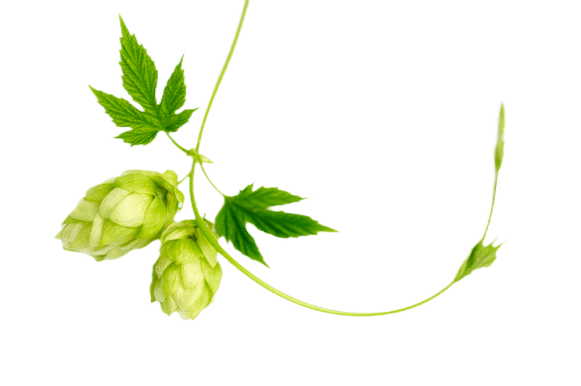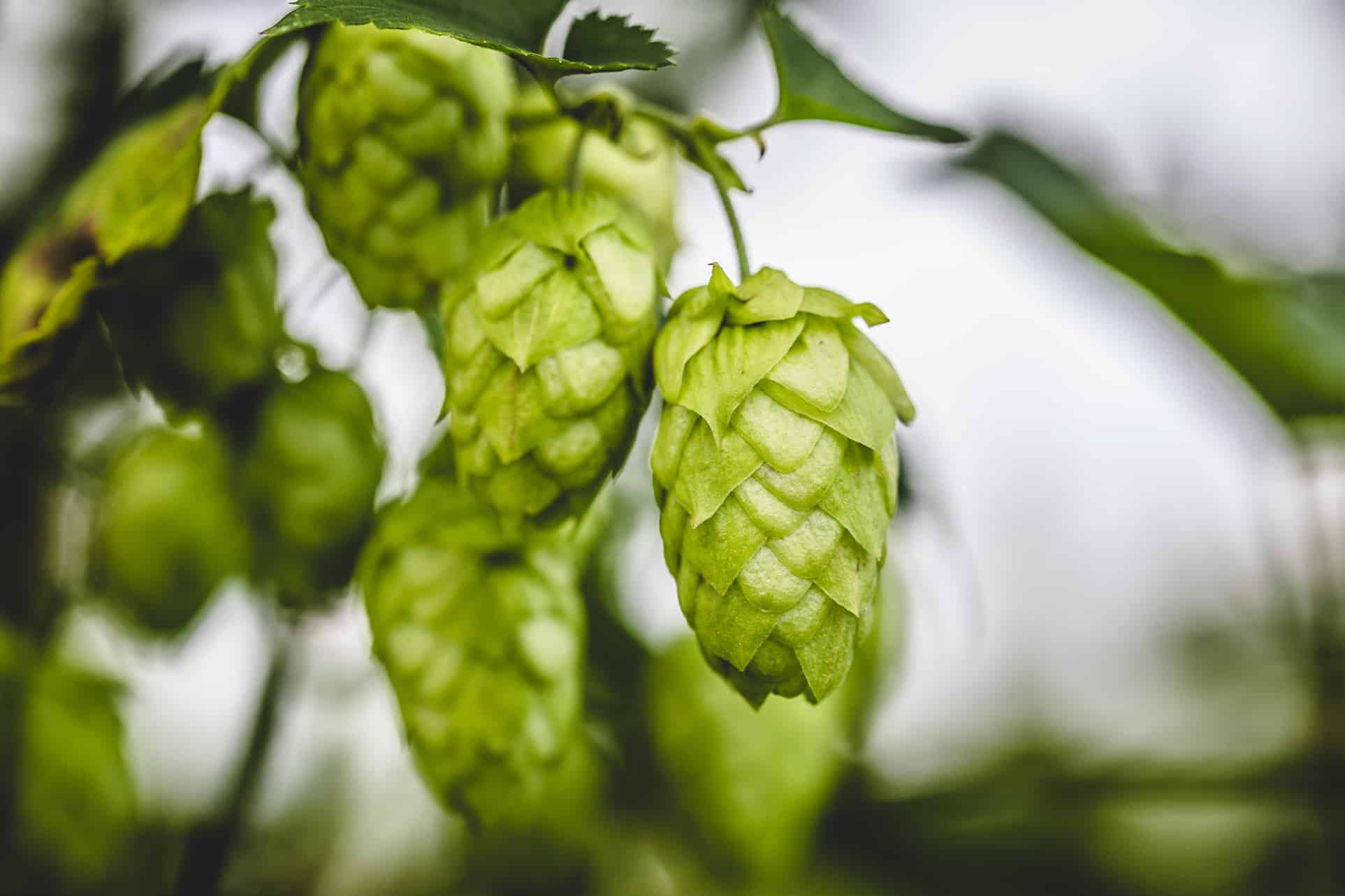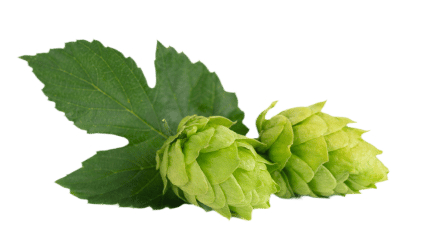Jon Stringer received a fantastic welcome at Oakham Ales week when he went down to help them put together a British IPA.
The main aim was to showcase fantastic British hops like Jester® and Olicana®, and this krausened beer will do just that.
Jon Stringer received a fantastic welcome at Oakham Ales week when he went down to help them put together a British IPA.
The main aim was to showcase fantastic British hops like Jester® and Olicana®, and this krausened beer will do just that.
Here’s a quick round up of the conversations that take place in the video.
Here’s a quick round up of the conversations that take place in the video.
It’s a Thursday morning in Peterborough and our Jon Stringer is with Ed the Lead Brewer at Oakham Ales and they’re brewing a British IPA.
It’s a Thursday morning in Peterborough and our Jon Stringer is with Ed the Lead Brewer at Oakham Ales and they’re brewing a British IPA.
Jon:
There’s a lot of hops going into this recipe, how else is the recipe constructed? What are we doing malt-wise?
Ed:
We’re using our Pale Maris Otter that we use for most of our Brews. It’s got about 10% Wheat Malt in it as well and then just 25 kilos of Medium Crystal for just a tiny bit of colour and then a bit more sort of rich, malty flavour. Nothing too much because really, it’s the hops that we want to shine through.
Water treatment wise it’s fairly balanced on the salts again, we want to keep it sort of similar to Oakham’s other IPAs like the Green Devil which again it’s just about getting the hops to come through, so just trying to keep that same base and then working on the hops.
Jon:
The beer is going to be an English British IPA and it’s going to be around about just over 5% which is a nice strong ABV. The intention for the beer is that it’s going to be matured in cask for a period of time that’s and that’s going to be Krausened prior to those barrels being sealed up. There’s going to be an additional fermentation, maturation and a mellowing and softening of the overall beer. Those hoppy notes are going to mellow, and new flavours are going to come through.
Ed:
There’s a lot of kettle hops, the quantity of the additions is 100 kilos of the whole Leaf hops going in in the brew house today and that’s split between CF247 Olicana®, Jester®, Goldings and Ernest hops, and then on transfer, when it goes to condition we’ll put in 10 kilos of Harlequin® T90s for a bit of extra umph.
Jon:
For the really late hops that are going into the hot side, Oakham have a specific arrangement equipment wise with how they get those hops wet. There’s a hop back and also an additional vessel in which they produce hop tea.
Ed : We use the hop back which is fairly standard for means of filtration leaving the hop on the top side, but we’re putting pressure on hops in there so when we cast the wort from Kettle to hop back we’ve got another at least 35 kilos going in and then the hot tea, so we will fill that up with about 600 litres of the hot liquor, and we heat that to about 70 degrees. Then today we’ve got a charge of 20 kilos of the CF247, and the idea is that we just create this sort of hop infusion at relatively low temperatures so that we’re not picking out too much bitterness.
That sort of hop infusion will then get passed into the main brew just to add a bit more aroma.
Jon:
This is a technique that’s traditionally worked at Oakham. Oakham have been associated with producing hop forward cask beer and it’s definitely an approach to be able to get the most out of the hops on the hot side.
Talking about the CF247 variety it’s a sister of Harlequin® and it’s really good that Ed and a number of other Brewers, Norfolk Brew House, and Hadham Brewery have also looked at this, and a few other brewers as well.
From our hop breeding point of view, we need brewers like Oakham to play around with these hops. We need to know what their brewing value is. They’re not full commercial varieties and they won’t be until the brewing checks out.
We make sure that these hops are good for brewing, and also from the agronomy side of it, growers have to tick the boxes of whether they were robust in the field when they grow and whether the yields are good. No grower really wants to grow a variety that’s not going to bring them enough money at the end of the growing season. The hops must process well through the hop pickers so they’re not causing problems at harvest time. Very importantly they need to be showing good resistance to disease and pests and in an age where every year growers can use fewer and fewer intervention sprays. Having a very very strong growing plant that’s robust and disease and resistant, and pests is really quite crucial in this day and age.
Oakham have been great with us as have a number of other breweries who are looking at the sustainability option. We’ve got a hop growing industry that is teetering a little on the brink of things at the moment and need support, and brewers like Oakham and others around the UK who are looking at increasing the amount of UK hops that they use is actually vital for the industry for the growers and what was once a very very large industry which is now that the fraction of the size of once was it’s crucial.
It’ll be good to start seeing an increase in acreage around the UK rather than it diminishing, so I think for next year Oakham are going to be looking at some seasonals using some existing UK varieties and some new experimental varieties. Then like many other Brewers in the UK they are trying to help us get back to somewhere where the hop industry is on a stable footing.
Watch this space for more on this British IPA once the brew is ready.
Watch this space for more on this British IPA
once the brew is ready.





